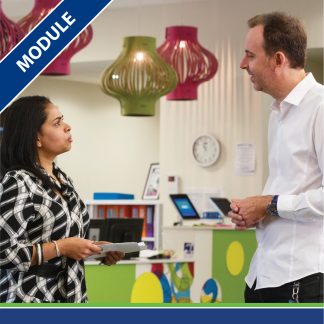Description
About the author
Associate Professor Cathrine Neilsen-Hewett is the Academic Director of The Early Years at the University of Wollongong. Cathrine works in cross-disciplinary teams and conducts translational work with community and industry partners to support high-quality early childhood education and care practice that enhances outcomes for children.
Since 2015, she has co-led five large-scale early childhood pedagogical studies valued at more than $4.5 million, across three Australian states, in over 600 early childhood educational services, and with more than 3,500 children.
Cathrine brings particular expertise in pedagogical reform and her work on children’s self-regulation, child assessment and early childhood pedagogy has impacted educational practice, programs and policy both in Australia and internationally. She has authored and co-authored academic papers and been recognised for her expertise in children’s behaviour and self-regulation through her appointment as an advisor on key projects in Victoria, NSW, Singapore and Hong Kong.
Learning Outcomes
In part 1 of this series, you will:
- understand why behaviour is a form of communication that can help educators to develop a better understanding of each individual child
- learn how children regulate their emotions, thoughts and behaviours.
In part 2 of this series, you will:
- develop strategies to support children in times of stress, frustration or anger
- discover and recognise the signs and meanings behind children’s behaviours and strategies to support young children
- uncover how to understand children’s triggers and what these can look like.





